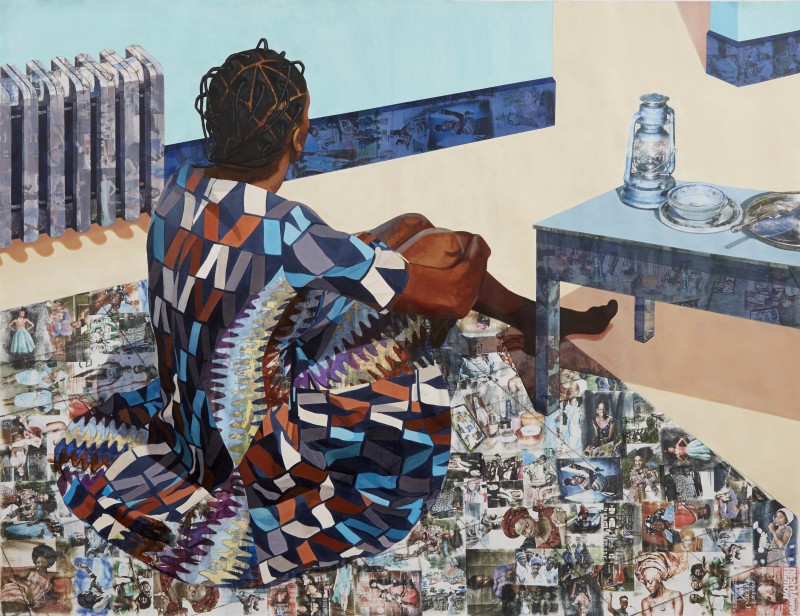

But deep down they love each other, and that is what matters. This final bond justifies the marriage, which had previously seemed increasingly unsustainable given the couple’s clash of personalities and interests. But life takes them down another path, and the naïve women never set foot on the boat, which causes them great disappointment and acts as a powerful reality check.ĭespite the frustration, Oyo seems to reconsider her values and in the end she is happy and proud of her husband, whom she loves, for the way he is, while the man’s sister-in-law is unable to forgive him for the way that he is. Thus, Koomson promises the boat will be theirs, including a crew on board at their service. It is precisely this boat that is idealised by Oyo and her mother as an ideal means of corruption. Moreover, we know that Koomson flees Ghana on a boat. In some ways, the man has indeed won by sticking to his principles: life goes on for him, while many corrupt and ambitious officials end up in a bad way. Picking up on the term “hopeful” one could surmise that in the end, the man, or honesty, “wins”. It would not be unreasonable to say that the title sounds messianic and hopeful, despite the reigning disillusion: ‘ The Beautyful ones are not yet born‘, in other words, the best is yet to come. In fact, in Ghana the main language is Twi and English is not as fluent as one could expect. Regarding the novel’s title, one wonders why beautyful and not beautiful? It seems probable that this has been a slip in the English spelling, which is not uncommon in Africa.


 0 kommentar(er)
0 kommentar(er)
